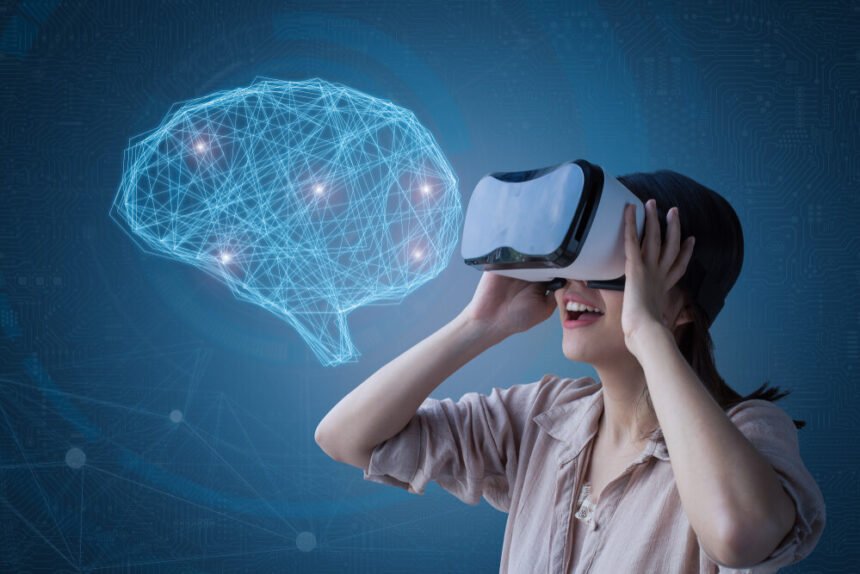Artificial intelligence has been the backbone of the gaming industry since the very beginning. Pong was one of the first games that depended on AI algorithms, even though they were much more primitive than those used in modern gaming applications. However, AI has become much more sophisticated, particularly with developing non-player characters (NPCs) in modern MMO (massively multiplayer online game) simulations. An AI overhaul can completely shift how NPCs function in games.
The AI technology behind these NPCs has been impressive. However, we are only beginning to see the surface of its true potential. The same deep learning interfaces that have perfected MMOs will be invaluable in other gaming applications as well.
Here are some things to ponder.
The Evolution of AI in MMOs
The first multiplayer games were a major hit. They allowed players to compete against other humans that could come up with more complex strategies than their traditional AI driven adversaries.
However, computer driven NPCs still played an important role. There often weren’t enough human players to create a decent simulation. This meant that AI characters needed to fill the void.
This meant that people often had to suffer the same frustrations that they did before MMO games reached the market. MMO developers needed to develop more sophisticated AI developed NPCs to address this issue.
In the mid-1990s to early 2000s, the effectiveness of these characters was questionable at best. The NPCs were entirely created by developers. Since many developers lacked any real experience with these gaming simulations, they had difficulty thinking outside the box and coming up with unique strategies for the characters to follow.
Big data changed the nature of AI powered characters considerably. Rather than relying on algorithms developed by inexperienced programmers, they could learn from previous simulations. They could track the performance and strategies of both the most and least effective characters to determine which strategies work the best.
Deep learning has helped even more. It doesn’t even require a simulation to study the patterns of human players. It can create its own NPCs and force them to compete against each other within the confines of a carefully structured neural network. As more simulations unfold, the characters become more optimized. As a result, NPCs end up more closely resembling the most highly skilled human players.
This makes battle scenes more realistic, and characters can be much less predictable. This creates a more challenging environment for players, although NPCs that have been perfected with machine learning can obviously be substituted for their more archaic prototypes in less competitive simulations.
AI and deep learning extend well beyond MMOs
Over the past 20 years, AI developers for the gaming industry have spent most of their time and energy creating more complex and realistic nonplayer characters. However, after a conversation with the CEO of ReadySlotsGo, I learned that the industry is beginning to discover that the algorithms they have developed are equally suited for other applications in the gaming industry.
They have realized that the observations they have made can be used to:
- Provide better graphics for players in the world to spend the most time. Simulations such as IMVU allowed characters to create their own world play in. By studying the worlds that characters build, AI algorithms can determine the color scheme and campaign ideas that are most appealing. They can use this information to create better worlds of their own.
- They can track player responses to identify frustrations. This can help them uncover bugs, even when they are not reported by their users.
- They can identify factors that are most likely to get players to spend money for in-game purchases, which is the backbone of many gaming monetization strategies in this day and age.
All of these factors can have a powerful impact on the gaming industry. It will be difficult to predict the exact outcomes, but the reality is that AI is going to change the gaming industry forever.
AI is the Future of the Gaming Industry
Big data is completely revamping their business model of the gaming industry. While AI used to have the most profound impact on developing non-player characters for MMO games, it is becoming even more important in other elements of the gaming industry.

